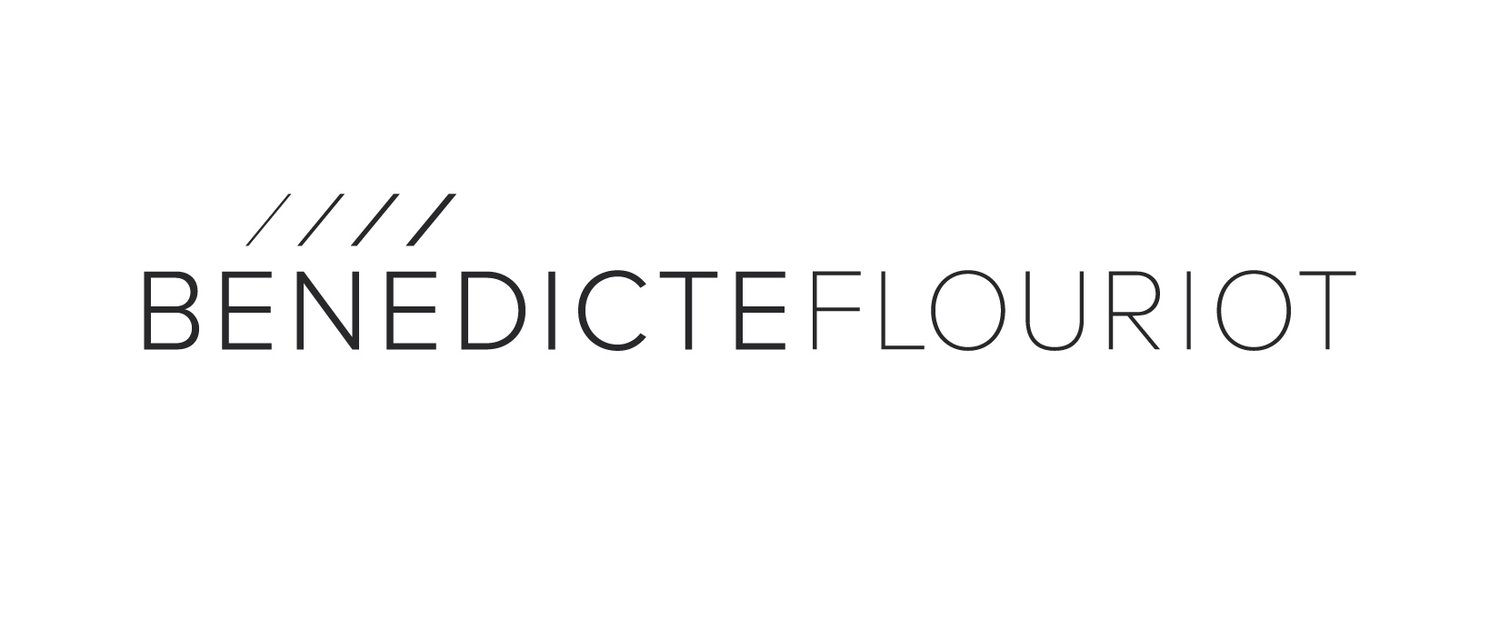Last week, I participated in a lecture around the change in the brain, a very interesting discussion on the challenges of processing change. The lecture started with these 3 questions:
1) What does change mean to you?
2) When you hear the word change, what feelings come to mind?
3) How often do you experience change in your life?
Take a moment and answer these questions for yourself. You are also more than welcome to contribute to this post by publishing your answers.
I was personally very excited about answering these questions because I love change. To me, change means growth, evolution, curiosity, and reaching for the best. Having lived in 7 countries, changed career once and regularly leisure travelling, I can tell you change is at the heart of my life!
As change nourishes me, I always make sure I keep those changes going because I see change as an opportunity, not as a threat. And I always want more opportunities!
“Change is a threat when done to me, but an opportunity when done by me.” - Rosabeth Moss Kanter
However, everyone responds to change differently. And some people may actually see change as a threat. Why? Because change brings uncertainty. The “unknown”! It creates anxiety because it forces you to get out of your comfort zone.
Comfort zones are situations where you know your role by heart, it’s comfortable because you’ve always done it that way. They can be thoughts/attitudes (being) or behaviors/actions (doing). It may have never crossed your mind that some of your usual thoughts and actions may be comfort zones! These include doing your emails first, procrastinating, never asking for help, being late, blaming, spending time watching TV, sleeping, doing what’s fun first. And also, worrying, trusting, controlling, seeing the good in everything, withholding, being problem oriented and many more. Don’t get me wrong, comfort zones are not good or bad. As anything else, you need to identify when they serve you and when they don’t. But when they don’t, be aware as they keep you away from success. Start identifying yours now as unexamined comfort zones can run your life!
Comfort zones are also energy saving. Indeed, they don’t require much energy because you know the upside down of these well-known situations. You’ve been there thousand times! There is nothing to create, nothing to adjust to, nothing to overcome. On the contrary, change requires energy, lots of energy. Every change that occurs — large or small — involves energy. Even you are changing as you breathe, blink, or shift position in your seat. But energy is the ability to cause change. So? How do you invest your energy? And on what? Is it really worth it? Does it help you being a better person? A better professional?
By staying in your comfort zones, you avoid change, and by avoiding change, you avoid possibilities. What would it be to stand in a place where there are plenty of possibilities? Where you can actually choose your opportunities?
By avoiding change, you may also end-up in a dead-end path and that’s when a crisis rises. A crisis will ultimately stimulate a change, but a change to be initiated does not always requires a crisis situation. So why waiting for a crisis?
To create a change, you need to make a choice. What’s best? The choice to stay in crisis? The choice to avoid motion? Or to create a change? Because at the end of the day, everything is about making “choices”. Every little thing in your life is about that! Last Saturday, you chose to wake up at 7am to go jogging instead of staying in bed, you chose to work in that large and famous corporate organization and declined the other job in a start-up, you chose to marry Paul and not Mark, you chose where to live, you chose, you chose, you chose… Some choices will obviously have less impact than others on your life, but they will still have an impact.
Another barrier to change is time. Indeed, the process of change takes time. We live in a fast-paced environment but your brain literally needs time to digest, absorb to finally make a choice aligned with who you are and what you really want. To ease change, create a compelling vision and follow it. It does not have to be a clear vision yet, just an image. As per neuroscience studies, we do not think in words but in images. So start picturing that beautiful career of yours and move step by step towards this vision. What’s the vision of yourself in your work? What’s the vision of your team? What’s the vision of your organization?
During that same lecture mentioned at the beginning of this article, the speaker talked about neuroplasticity and how our brain functions. Our brain produces 1,400 neurons per day. To survive, they need to feed, and for that they need to create connections. This can happen by living new experiences, learning something new or having physical activities. To create that compelling vision, you need to feed your neurons. That can simply start with having a positive attitude as it helps neurons to grow. On the other hand, a negative attitude does not help building new connections and therefore does not develop neurons. You choose your attitude. Do you want to be positive or negative?
Change is a necessity for all in order to keep it up with the evolution of the world, be in control of your choices, your growth, your change.

